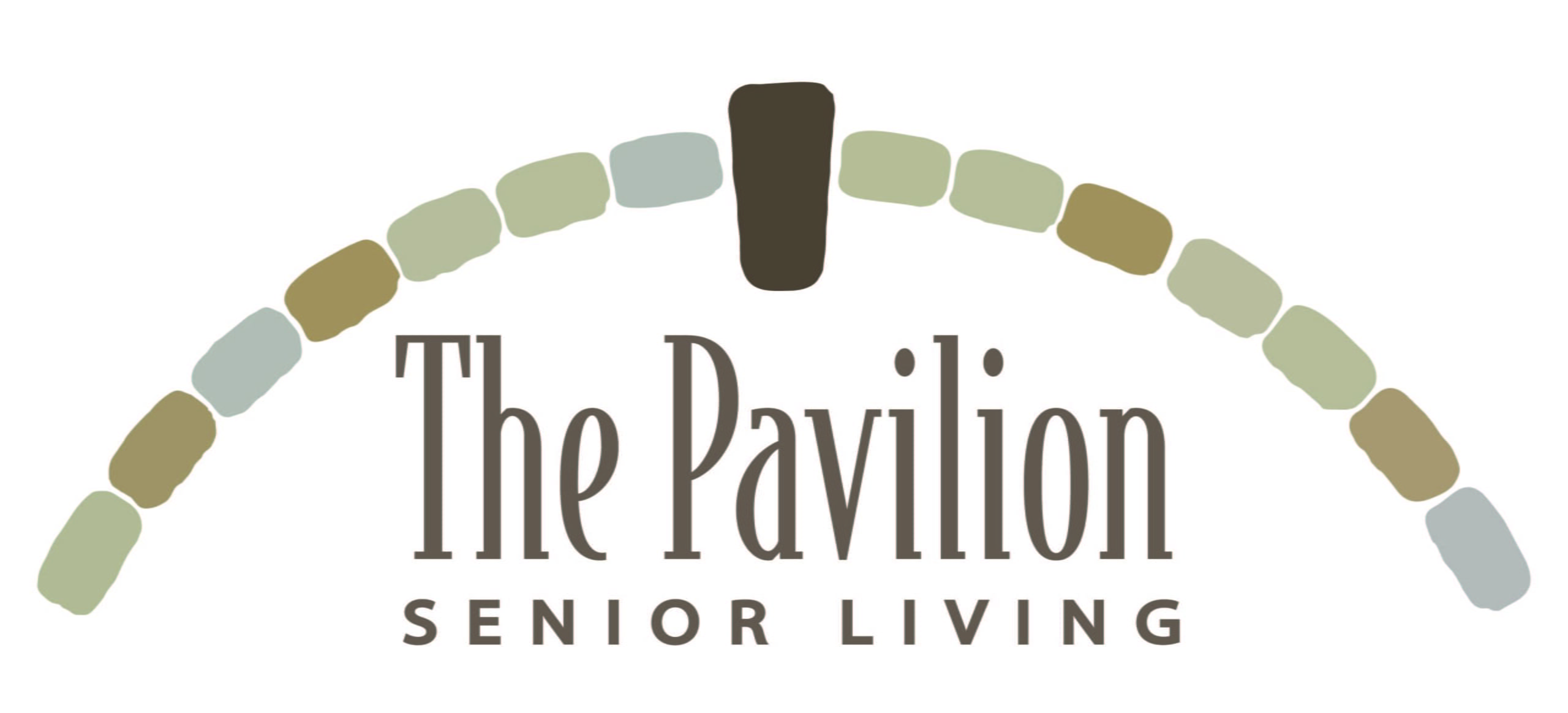We all experience stress, but there is a difference between good and bad stress. For example, cortisol, also known as the “stress hormone,” plays a vital role in our bodies. This hormone gets released when our bodies sense danger and it manages our “fight or flight” response (which is good thing when we are in a dangerous situation).
However, too much cortisol in the body for an extended period of time – also referred to as chronic stress – can negatively impact your overall health. For example, chronic stress can lead to high blood pressure, increased risk of heart disease, and a weakened immune system.
Activities like meditation and breathing exercises can help you manage and relieve your stress, but it should come as no surprise that the foods you choose to fuel your body also impact your stress levels. For instance, if you are stressed, you may crave something sweet, but this will likely make you feel worse.
Instead, fueling your body with certain nutrients can help combat stress and leave you feeling rejuvenated. Our team at The Pavilion Senior Living is sharing some foods that can help do this!
B Vitamins
According to Healthline, “B vitamins are necessary for the production of neurotransmitters like dopamine and serotonin, which help regulate mood.” These are known as the “feel good” hormones, and they can help balance out excess levels of cortisol, reducing overall stress levels.
The good news is that B vitamins occur naturally in many foods, such as:
- Avocados
- Eggs
- Nutritional yeast
- Chicken
- Fortified cereal
Magnesium
Magnesium is an important nutrient when it comes to stress management. AARP states, “stress can cause magnesium loss and, in turn, a magnesium deficiency could increase the body’s susceptibility to stress.” Additionally, magnesium helps metabolize cortisol, reduce inflammation, and increase your body’s level of serotonin, which, as we mentioned, plays a large role in regulating mood.
Foods containing high amounts of magnesium include:
- Beets
- Bananas
- Broccoli
- Dark chocolate
- Pumpkin seeds
- Spinach
Omega-3 Fatty Acids
While regulating adrenaline levels and keeping the amount of cortisol in your body under control, omega-3 fatty acids also “help protect against the devastating effects of chronic stress, which can damage the region of the brain responsible for memory (AARP).” In addition, this nutrient has also been found to reduce the risk of heart disease, stroke, and depression, as well as lower blood pressure.
Omega-3 fatty acids can be found naturally in:
- Salmon
- Sardines
- Tuna
- Oysters
- Mackerel
- Herring
- Chia seeds
- Flax seeds
- Walnuts
- Olive oil
- Winter squash
Vitamin C
While vitamin C is well known for its importance in building a strong immune system, this vitamin also helps the body regulate cortisol levels and return blood pressure levels to normal after they have peaked during stress. The body cannot produce vitamin C on its own, so eating foods rich in this vitamin is essential to ensuring you get enough of it.
Foods containing vitamin C include:
- Citrus – oranges, kiwi, lemon, grapefruit
- Bell peppers, especially yellow
- Strawberries
- Tomatoes
- Cruciferous vegetables – broccoli, Brussel sprouts, cabbage, cauliflower
- White potatoes
Fiber
Everyday Health reports, “a high-fiber diet may be linked with reduced anxiety, depression, and stress. A preliminary study…suggested that fiber may help fight oxidative stress and inflammation.” Fiber also regulates blood sugar and prevents spikes in insulin levels.
High amounts of fiber can be found in foods like:
- Beans
- Broccoli
- Berries
- Avocados
- Whole grains
- Apples
- Nuts
- Potatoes
Stress relief is a continuously ongoing process, not a quick fix. Healthy eating and the foods you consume play a significant role in your overall health and greatly impact stress levels, but eating something off this list is not going to magically relieve all your stress.
It is also important to also implement other stress relief techniques into your regular routine to keep your stress levels under control. For instance, you could try meditation, practicing gratitude, spending time in nature, yoga, etc.
If you are interested in learning how to lead a more stress-free lifestyle at one of our senior living communities in Tennessee, we invite you to visit our website or contact a member of The Pavilion Senior Living team.




